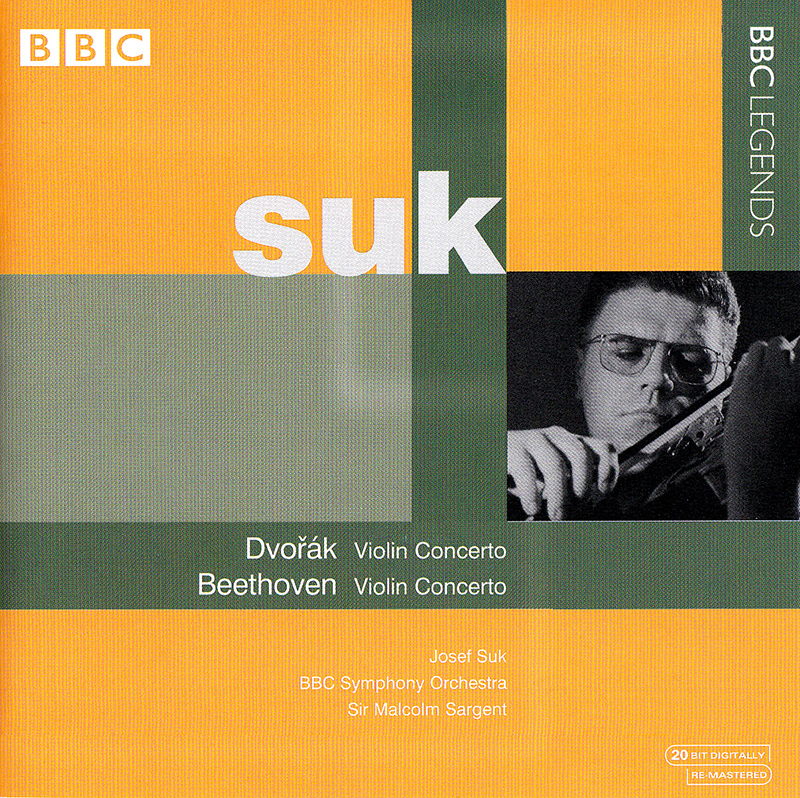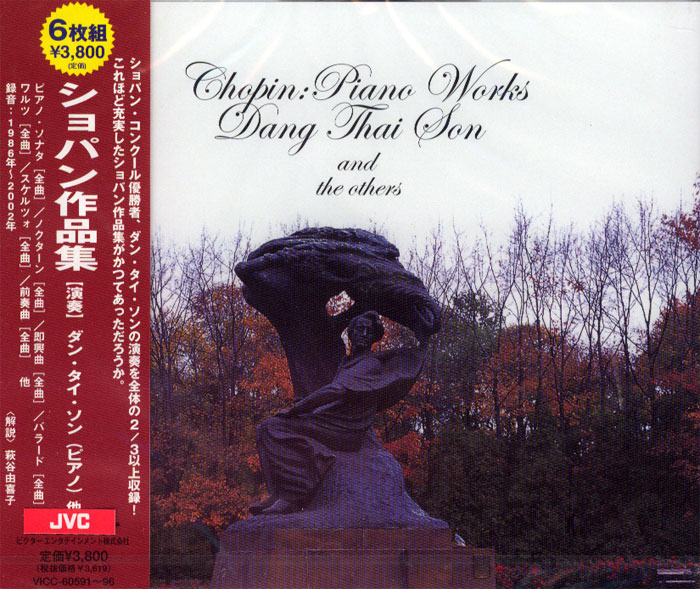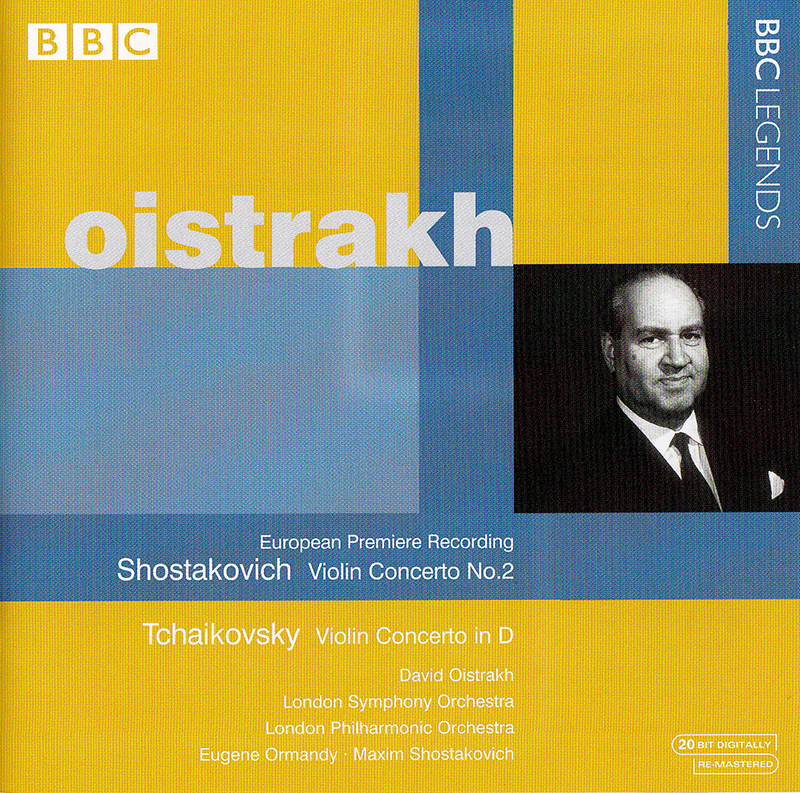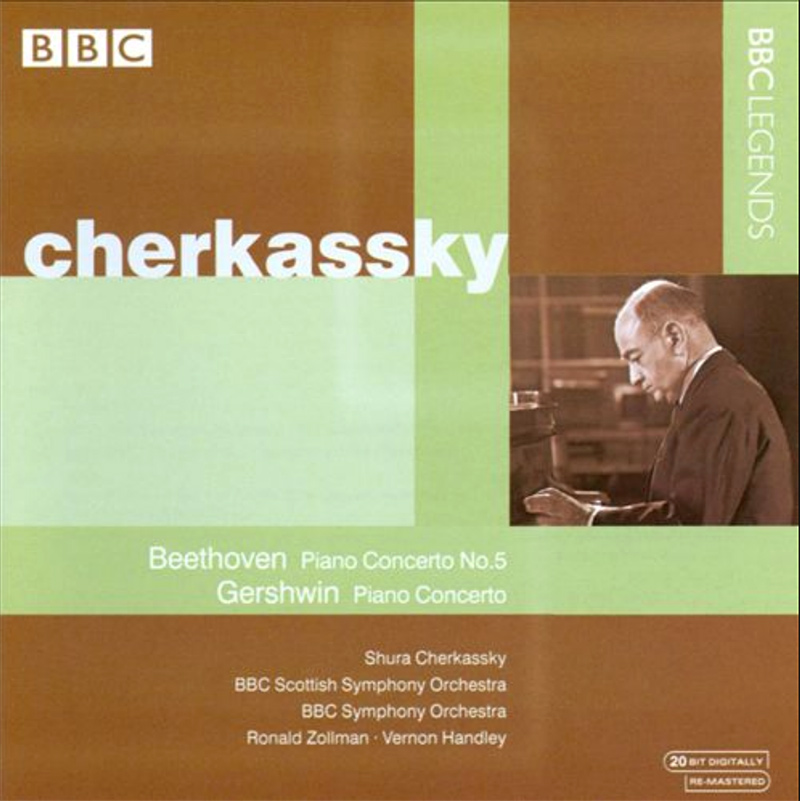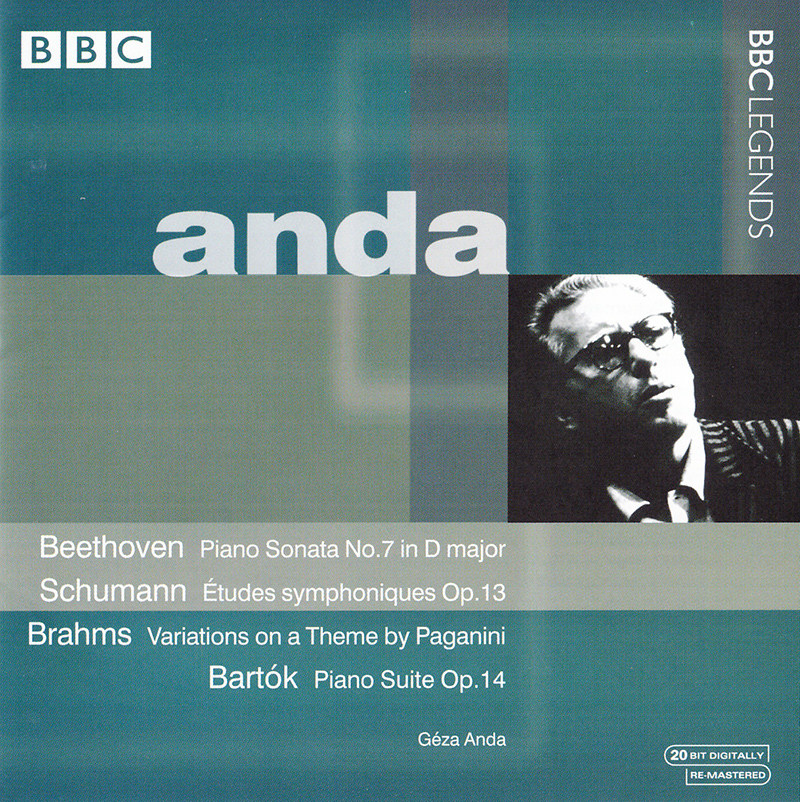Logowanie
OSTATNI taki wybór na świecie
Nancy Wilson, Peggy Lee, Bobby Darin, Julie London, Dinah Washington, Ella Fitzgerald, Lou Rawls
Diamond Voices of the Fifties - vol. 2
Tylko 1000 egzemplarzy!!!
DVORAK, BEETHOVEN, Boris Koutzen, Royal Classic Symphonica
Symfonie nr. 9 / Wellingtons Sieg Op.91
nowa seria: Nature and Music - nagranie w pełni analogowe
Petra Rosa, Eddie C.
Celebrating the art and spirit of music - vol. 3 - Pure
warm sophisticated voice...
Peggy Lee, Doris Day, Julie London, Dinah Shore, Dakota Station
Diamond Voices of the fifthies
Tylko 1000 egzemplarzy!!!
SAMPLER - STS DIGITAL, Buddy Tate, Milt Buckner, Walace Bishop
Jazz Masters - Legendary Jazz Recordings - v. 1
proszę pokazać mi drugą taką płytę na świecie!
Chesky! Niezmiennie perfekcyjny
Winylowy niezbędnik
ClearAudio
Double Matrix Professional - Sonic
najbardziej inteligentna i skuteczna pralka do płyt winylowych wszelkiego typu - całkowicie automatyczna
DVORAK, BEETHOVEN, Josef Suk, BBC Symphony Orchestra, Sir Malcolm Sargent
Violin Concerto in A Minor, Op. 53 / Violin Concerto in D Major, Op. 61
August 8. 2009 will mark violinist Josef Suk’s 80th birthday, and this issue from BBC Legends of two concertos, the Dvorak (27 August 1964) and the Beethoven (9 September 1965) from Royal Albert Hall seems an appropriate form of celebration. Dvorak, after all, was Suk’s great-grandfather, and his grandfather Josef Suk, earned the right to be called an eminent Czech composer. This Josef Suk played the Dvorak Concerto at the 1963 Vienna Festival under George Szell, where critics hailed him as “a divine artist of pure tone and technical perfection, without empty gestures.” Malcolm Sargent adds to the “divinity” of this Dvorak Concerto realization, at least if the lead French horn has anything to do with it. Sargent, in fact, proves as meticulous as Talich in presenting the interior, woodwind voices that accompany and embellish the violin’s plaintive line in the first two movements. Flute and violin engage in affecting dialogue in the Adagio, which asks Suk to expend his considerable tone and articulation in the high registers. Once again, the French horn part graciously intrudes itself into our consciousness, the alternately bucolic and aerial sentiments delivered in fervently rendered phrases. We come to appreciate just how “symphonic” a conception the work is, lacking any formal cadenza and interweaving solo and orchestral tissue with ingenious, virtuosic invention. When clarinets and trumpet issue their clarion call, Suk donates a lovely cantilena of purest, Bohemian wisdom. Unhurried but not dragging, the second movement enjoys a breadth and leisure that come from a thoroughly idiomatic sympathy with this lovely music. The last movement eschews a gratuitous bravura in favor of a real folk dance, opening with muted strings and then cascading into a furiant of refreshed power. Like Milstein, Suk allows no trace of maudlin sentimentality into his musings in the middle section of the Finale. Clean, straightforward, passionate, all the earmarks of the classical romantic. Tympani and harp add their respective colors to the compelling mix, with Suk’s negotiating the blazing half-steps and slides in crisp, ardent gestures. That the London Promenades would demand Suk’s return to their stage makes itself apparent in the cavernous bravos the close this performance. The Beethoven Concerto indeed marks Suk’s return to the Promenade Concerts the following season. Suk had recorded the Beethoven with Konwitschny for Supraphon; but the relatively casual tempos in that commercial venture are here discarded for a driven, steely line, pliant, expressively taut. From his opening flourish, Suk reveals that he is no “one-trick pony,” the German master just as idiomatically and resonantly presented as the music of Dvorak. Suk imposes a high arch on the melodic line, whose singing expansion he does not allow to sag for a moment, again in the manner of Nathan Milstein. Rarely has a Stradivarius been captured to such stunning, burnished effect, both in arco passages and the aerial trills. The development section, often marked “sempre perdendosi” by Beethoven, truly has our “losing ourselves” in the alchemy of Beethoven’s sweet timbres. A brilliant if short cadenza–Suk’s own?–leads to a solid, definitive, closing cadence. The G Major theme and variations basks in a noble, patrician clime, thoroughly poised. Kudos to the unheralded bassoon who colloquys with Suk from another, better world, shades of Leonid Kogan. Another brief cadenza, sort of abridged Kreisler, and we are into the Rondo, played for its delicate, playful, brio tissue and canny maneuvering of accents. Horns, woodwinds, and tympani suggest Breughel in their way, the rustic and the genteel fused without blemish into a mesmerizing tapestry in dance, the bassoon once more prominent. Muscular but never over-wrought, the collaboration moves to a sterling peroration, rife with fire and Suk’s churning solo, the audience hysteria testifying that this rendition remains a defining moment in their collective experience. –Gary Lemco





























